Dr Simon Dyall’s Lipid Neurochemistry lab conducts research investigating the therapeutic neuroprotective potential of bioactive lipids. The latest study is a collaboration with Dr Laura de Rooy, Consultant Neonatologist at St George’s Hospital, London, the University of Roehampton and Bournemouth University, and has just been published in the journal, Clinical Nutrition.
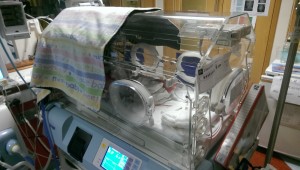 Recent advances in neonatal care have led to improved survival rates for preterm infants, but this has led to greater challenges in providing these survivors with adequate nutrition. Docosahexaenoic acid (DHA) and arachidonic acid (ARA) are dietary fats essential for optimal brain growth and development. During the last trimester the placenta provides the foetus with high levels of DHA and ARA and extremely preterm infants, born at less than 28 weeks, are therefore at the greatest risk of deficiency as this supply has been cut short. In this new study the DHA and ARA intakes of extremely preterm infants was measured from all sources over the first six weeks of life and compared to European intake guidelines and levels provided in utero.
Recent advances in neonatal care have led to improved survival rates for preterm infants, but this has led to greater challenges in providing these survivors with adequate nutrition. Docosahexaenoic acid (DHA) and arachidonic acid (ARA) are dietary fats essential for optimal brain growth and development. During the last trimester the placenta provides the foetus with high levels of DHA and ARA and extremely preterm infants, born at less than 28 weeks, are therefore at the greatest risk of deficiency as this supply has been cut short. In this new study the DHA and ARA intakes of extremely preterm infants was measured from all sources over the first six weeks of life and compared to European intake guidelines and levels provided in utero.
The study extends earlier observations with a more detailed analysis that current feeding practices for extremely preterm infants are likely to lead to severe deficits in DHA, but importantly the study measured ARA intake for the first time, where the results show that deficits of ARA are of a potentially much greater magnitude.
“These observations are really important as we need to ensure that these infants receive the best nutrition to decrease morbidity and improve long-term outcomes. These low levels of intake occurred in spite of the infants receiving breast-milk and the results highlight the need to provide extremely premature infants with additional sources of DHA and ARA.” says Dr Dyall.
Follow-up work is currently underway investigating how intakes of DHA and ARA can be increased to compensate for these early deficits. If you would further information on this research or any of the work undertaken by the Lipid Neurochemistry lab please contact Dr Simon Dyall, sdyall@bournemouth.ac.uk
Reference:
De Rooy, L. and Hamdallah, H. Dyall, S.C. (2016): Extremely preterm infants receiving standard care receive very low levels of arachidonic and docosahexaenoic acids. Clinical Nutrition
The paper can be found at: http://authors.elsevier.com/sd/article/S0261561416312778
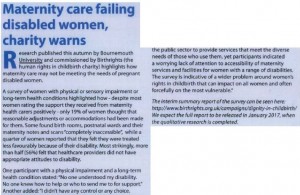 The study
The study 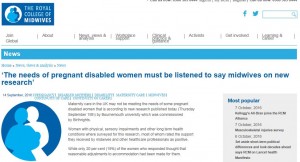
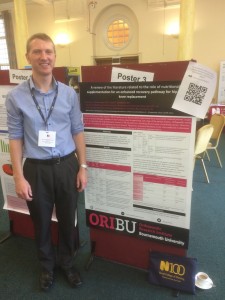
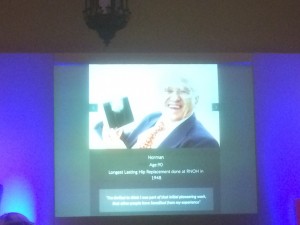


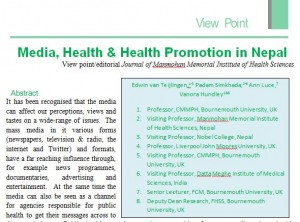

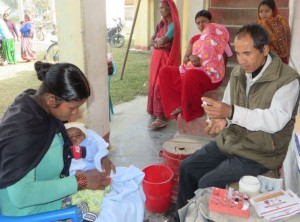
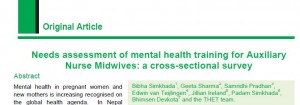

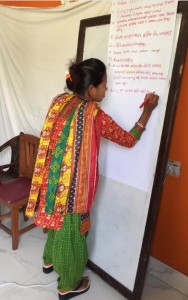
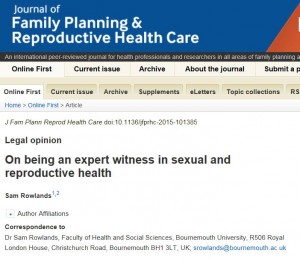


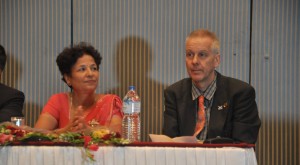

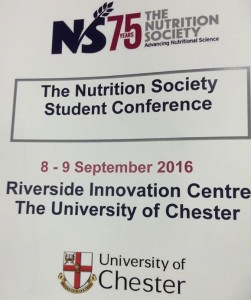
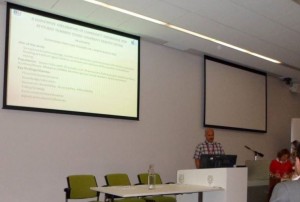
 Public Health England has launched a
Public Health England has launched a 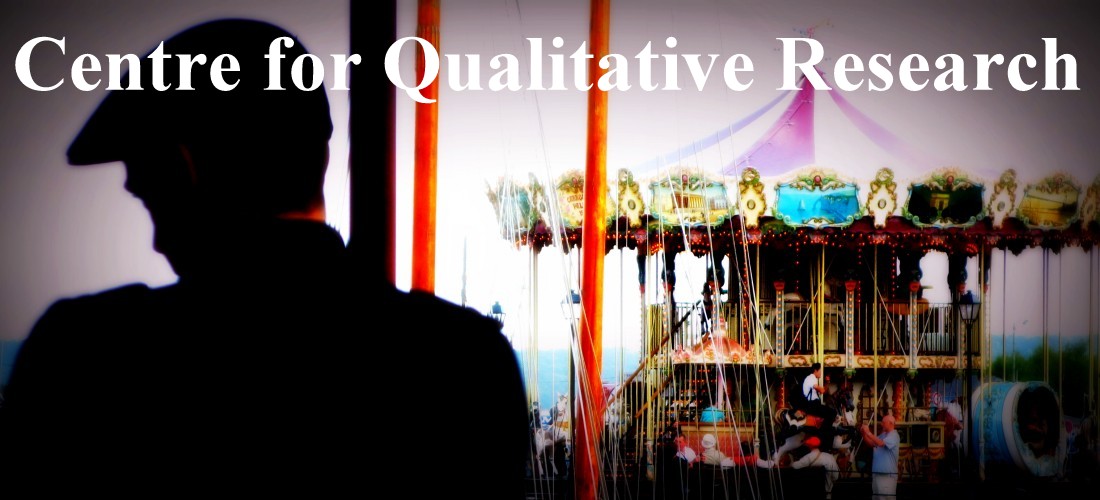 The Centre for Qualitative Research is kicking off its new seminar series on
The Centre for Qualitative Research is kicking off its new seminar series on 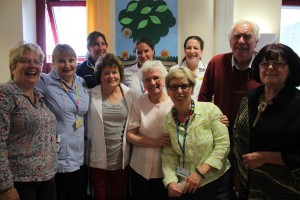 BU researchers
BU researchers 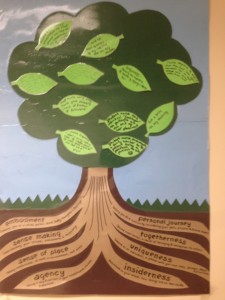 ice, Brighton University) the research team explored experiences of both stroke service users and providers in relation to a conceptual framework of humanising care. This framework, described in a seminal paper by Todres et al (2009) describes eight interacting dimensions that help capture the depth and breadth of being treated as human within complex, busy healthcare systems. The work is part of a larger study led by Professor Kate Galvin. A second site in Yorkshire worked with service users and NHS providers in a Dermatology out-patient department in order to look at the transferable aspects of humanisation theory and learning.
ice, Brighton University) the research team explored experiences of both stroke service users and providers in relation to a conceptual framework of humanising care. This framework, described in a seminal paper by Todres et al (2009) describes eight interacting dimensions that help capture the depth and breadth of being treated as human within complex, busy healthcare systems. The work is part of a larger study led by Professor Kate Galvin. A second site in Yorkshire worked with service users and NHS providers in a Dermatology out-patient department in order to look at the transferable aspects of humanisation theory and learning.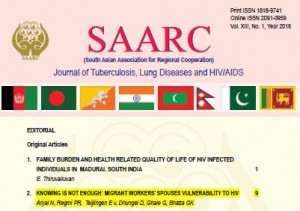
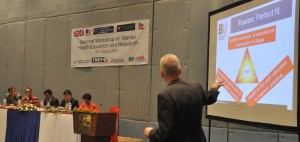
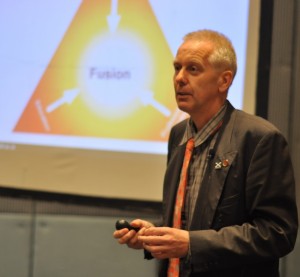

 Congratulations to Dr. Pramod Regmi as the lead author of the paper ‘
Congratulations to Dr. Pramod Regmi as the lead author of the paper ‘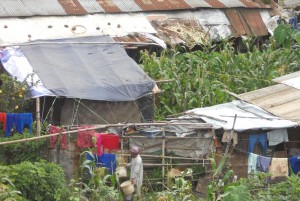
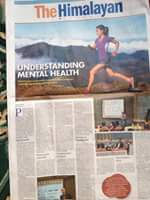
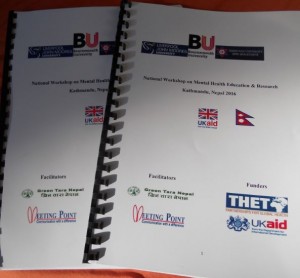
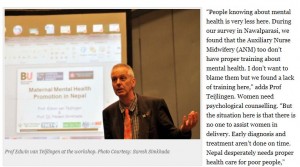
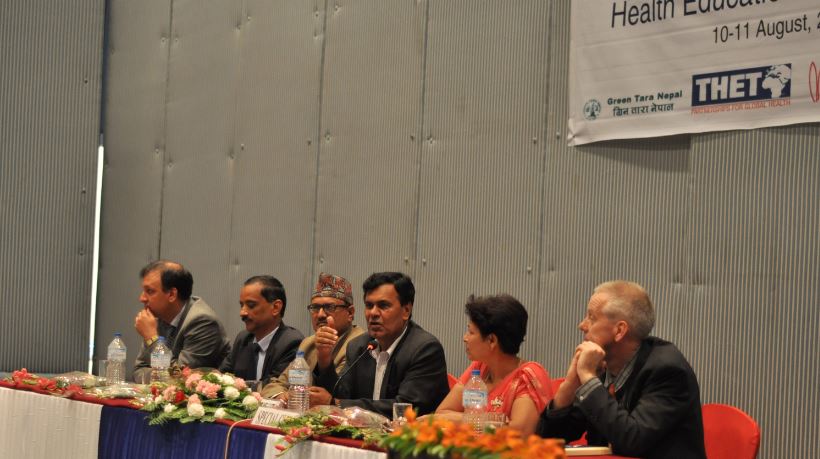
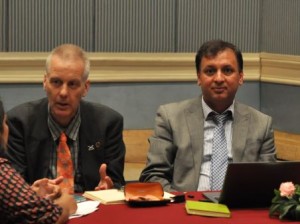











 Nursing Research REF Impact in Nepal
Nursing Research REF Impact in Nepal Fourth INRC Symposium: From Clinical Applications to Neuro-Inspired Computation
Fourth INRC Symposium: From Clinical Applications to Neuro-Inspired Computation ESRC Festival of Social Science 2025 – Reflecting back and looking ahead to 2026
ESRC Festival of Social Science 2025 – Reflecting back and looking ahead to 2026 3C Event: Research Culture, Community & Cookies – Tuesday 13 January 10-11am
3C Event: Research Culture, Community & Cookies – Tuesday 13 January 10-11am Dr. Chloe Casey on Sky News
Dr. Chloe Casey on Sky News ECR Funding Open Call: Research Culture & Community Grant – Application Deadline Friday 12 December
ECR Funding Open Call: Research Culture & Community Grant – Application Deadline Friday 12 December MSCA Postdoctoral Fellowships 2025 Call
MSCA Postdoctoral Fellowships 2025 Call ERC Advanced Grant 2025 Webinar
ERC Advanced Grant 2025 Webinar Horizon Europe Work Programme 2025 Published
Horizon Europe Work Programme 2025 Published Update on UKRO services
Update on UKRO services European research project exploring use of ‘virtual twins’ to better manage metabolic associated fatty liver disease
European research project exploring use of ‘virtual twins’ to better manage metabolic associated fatty liver disease